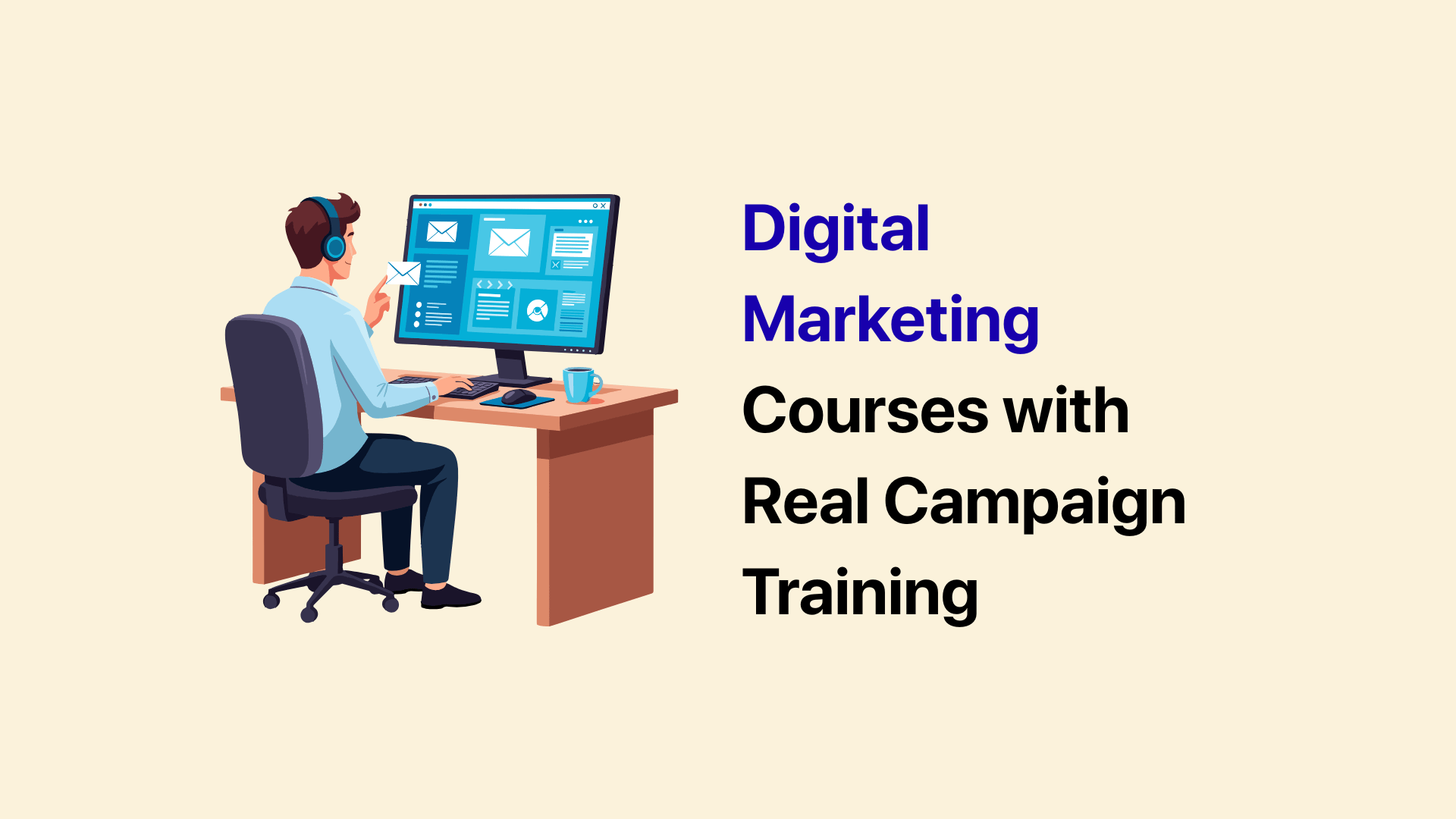Unlocking Valuable Insights and Driving Informed Decisions
Proven data is the cornerstone of effective decision-making in today's information-driven world. It transcends mere information, acting as a powerful tool for businesses, organizations, and individuals alike to gain crucial insights, navigate uncertainty, and achieve their goals. This article delves into the essence of like this service, exploring its characteristics, benefits, and effective utilization strategies.
Defining Proven Data: A Foundation of Trust and Reliability
Proven data distinguishes itself from mere information through its inherent qualities. It is:
Accurate: Free from errors, inconsistencies, and biases. It undergoes rigorous verification and validation processes to ensure its trustworthiness.
Complete: Encompasses the necessary details and context to provide a holistic understanding of the situation or phenomenon under investigation.
Relevant: Directly connected to the specific question or problem at hand, ensuring its applicability and value in the decision-making process.
Timely: Reflects the most recent and up-to-date information, allowing for informed decisions based on current realities.
Reliable: Consistent and dependable, guaranteeing consistent results and preventing misleading interpretations.
These characteristics collectively establish proven data as a foundation of trust and reliability, empowering individuals and organizations to make informed choices with confidence.
Unlocking the Value of Proven Data: A Catalyst for Informed Decisions
The benefits of leveraging proven data are multifaceted and far-reaching. Here are some key advantages:
Enhanced decision-making: By providing accurate and relevant insights, proven data empowers individuals and organizations to make well-informed decisions, minimizing risks and maximizing potential gains.
Improved problem-solving: Data-driven insights can shed light on the root causes of problems, enabling the development of effective and targeted solutions.
Streamlined operations: Proven data can be used to identify inefficiencies and optimize processes, leading to improved operational efficiency and cost savings.
Increased transparency and accountability: Data-driven decision-making fosters transparency and accountability, allowing stakeholders to understand the rationale behind choices and track progress towards goals.
Competitive advantage: In today's data-driven economy, organizations that leverage proven data effectively gain a competitive edge by making informed strategic decisions and capitalizing on emerging opportunities.
Harnessing the Power of Proven Data: Strategies for Effective Utilization
To unlock the full potential of proven data, it is crucial to adopt effective utilization strategies. Here are some key considerations:
Data collection: Implement robust data collection methods that ensure accuracy, completeness, and relevance to the intended purpose. Tools like Flexter automatically convert semi-structured data such as XML or JSON to database tables, you can check the conversion procedure here which explains both manual and automatic approach for better understanding
Data analysis: Employ appropriate data analysis techniques, such as statistical analysis, machine learning, and data visualization, to extract meaningful insights from the data.
Data interpretation: Carefully interpret the findings of data analysis, considering potential biases and limitations, to avoid drawing inaccurate conclusions.
Data communication: Communicate data-driven insights effectively to stakeholders, ensuring clarity, conciseness, and proper context.
Data governance: Establish robust data governance practices to ensure data quality, security, and ethical use.
By following these strategies, individuals and organizations can harness the power of proven data to make informed decisions, solve problems effectively, and achieve their goals in a data-driven world.
Conclusion
In the ever-evolving landscape of information, proven data remains an invaluable asset. By understanding its characteristics, appreciating its benefits, and adopting effective utilization strategies, individuals and organizations can unlock the power of data to navigate uncertainty, make informed decisions, and drive success in an increasingly data-centric world.
As the volume and complexity of data continue to grow, the ability to leverage proven data effectively will undoubtedly become even more critical for navigating the challenges and opportunities of the future.









